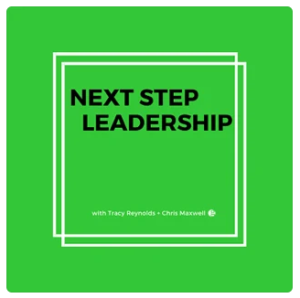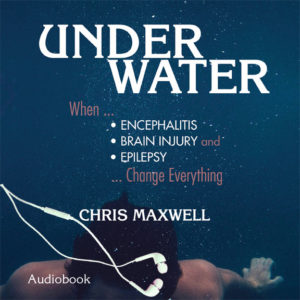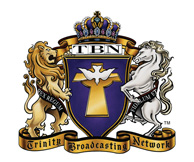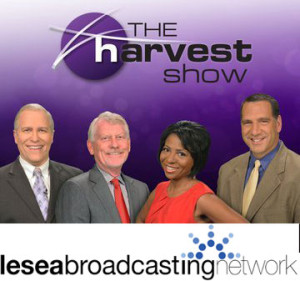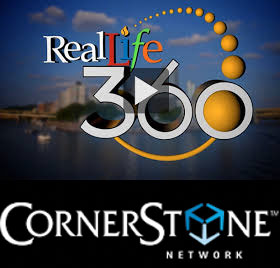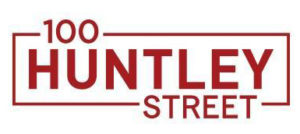(from Pause with Jesus: Entering His Story in Everyday Life by Chris Maxwell, True Potential, 2015 – from Chapter Three: “The Journey” – to purchase visit: Amazon)
The wedding didn’t go quite as they had planned. The wine was missing. For some of us that would be fine, as long as the right people arrived at the right time and as long as the cake was there. But they needed more wine and Christ’s mother gave Him a look. You know the look, don’t you? Oh, I wish I had seen it. I can imagine it but I wish I had been standing between Mary and Jesus, noticing their facial expressions. Jesus resisted her lure momentarily. Then He went on about the beginning of His miracle-making ministry by seizing the supply and demand. The participants were pleased.
Mary smiled.
Jesus knew it was time.
The world was about to be changed.
Jesus entered the Passover—did the culture know how ancient promises were becoming realities before them, how the Rescuer was beside them, how the Protector had arrived? So many scenes in this drama. Can’t we study them more deeply, grasping depth with personal encounter for ourselves? Can’t we read the plot, the context, the story while noticing the magnitude of a word, a conversation, a question? We can. If we do, our full selves dive into the water of an experience. The past visits us here. We discern ourselves amid the ancient mix. The large purpose of the story includes us. Not only for a one time visit to the altar. But for each breath, each thought, each fragment of our own drama.
Let’s learn from it all. A mission begins with an unlikely Messiah at thirty years of age. A house of merchandise. An explanation of the story by speaking of how a person is to be born all over again in some way. More baptisms. More travel. A woman at a well—alone and thirsty for not just water.
From Samaria to Galilee, from individuals to groups, from synagogues to homes. A nobleman. A physician. The Sea of Galilee. Peter. Andrew. James. John. Jesus on the go—teaching and inviting and making disciples and casting out hateful spirits and healing ill bodies. What did He do during those days in their lives? What did they learn? What were they desperate for Christ to heal?
From my town to your town. From us to everybody everywhere. From a church auditorium to this room where I am typing. Him. Her. My name. Your name. The name of a friend. The name of that person you or I might hate because of their political views, theological beliefs, or their habits. Jesus still on the go—mentoring and leading and transforming and healing. What do we need Him to do today in our lives? What should we learn? What are we desperate for Christ to heal?
Let us pause and ask. Let us pause and learn. Let us pause and welcome His visit into ourselves as we visit His time so far away so long ago.
